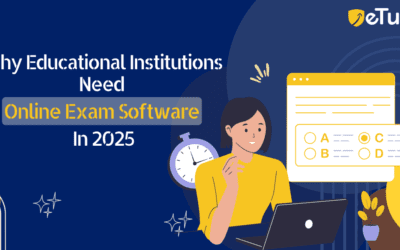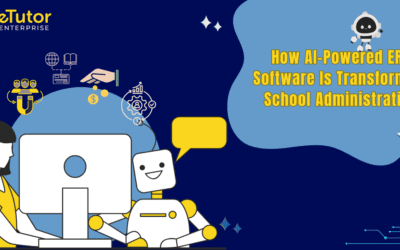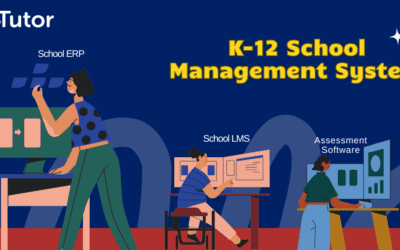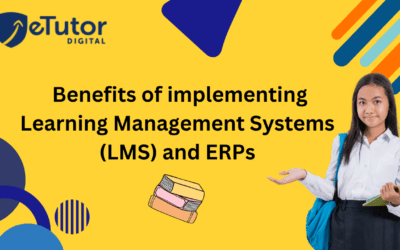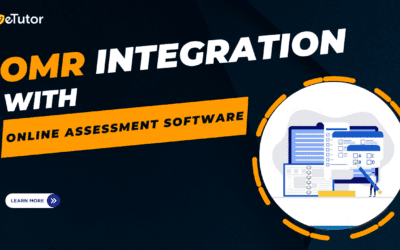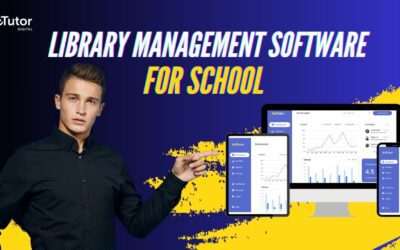How is ICT Utilised in Education Management?
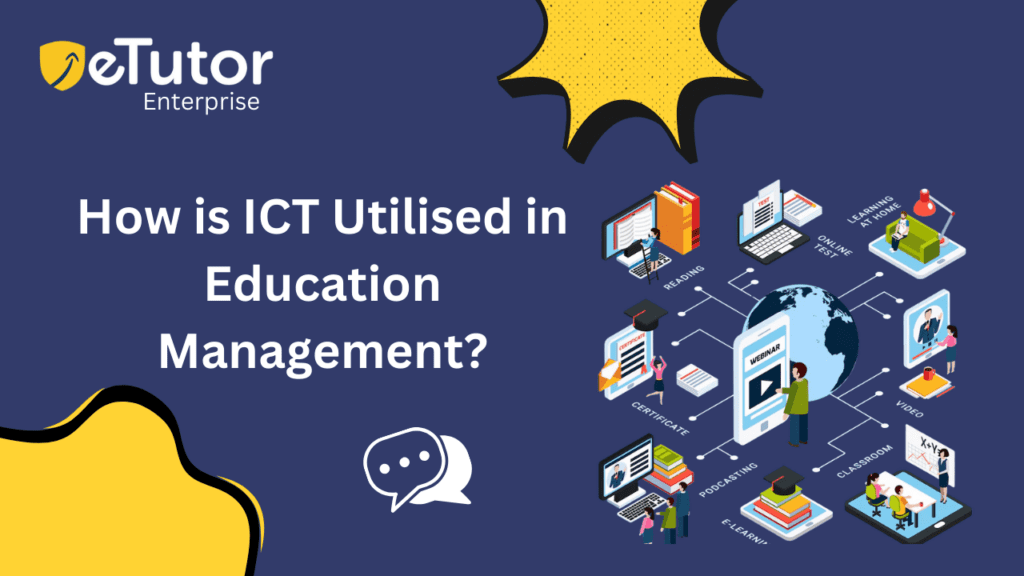
Introduction
In today’s digital age, Information and Communication Technology (ICT) has revolutionized the landscape of education. With the integration of technology into teaching and learning processes, educators now have a vast array of tools at their disposal to enhance student engagement, facilitate personalized learning, and foster critical thinking skills. Let’s delve into the profound impact of ICT in education and explore how it is utilized in education management.
Before we delve into the importance and significance of ICT in education, let’s take a look at some eye-opening statistics:
According to UNESCO, over 91% of the world’s population aged 25-34 have at least completed upper secondary education in 2020, partly due to increased access to ICT tools and resources.
A study by the International Society for Technology in Education (ISTE) found that 74% of teachers believe technology enables them to reinforce and expand on content.
The Global eLearning Industry is expected to reach $370 billion by 2026, signifying the increasing reliance on ICT in education globally.
Impact of ICT on teaching and learning
The importance of ICT in education plays a prominent role in education delivery. It has profoundly transformed teaching and learning across various dimensions. Its impact encompasses:
Overall, the role of ICT in education makes the learning environment more inclusive, adaptable, and responsive to the diverse needs of learners and educators globally.
How is ICT Utilized in Education Management?
Lorem ipsum dolor sit amet, consectetur adipiscing elit. Ut elit tellus, luctus nec ullamcorper mattis, pulvinar dapibus leo.
eTutor- A perfect ICT solution for your school
eTutor is redefining education through its innovative e-learning platform, seamlessly integrating essential tools like School ERP, LMS, and Online Exam Software. Here’s how each tool enhances the educational experience:
eTutor School ERP Software:
1.With eTutor’s School ERP, administrative tasks become streamlined and efficient. From managing student records to handling financial transactions, this feature centralizes all aspects of school management.
2.Administrators can easily track admissions, attendance, and academic performance, simplifying the process of monitoring and evaluating school operations.
3.By automating routine tasks, educators can dedicate more time to teaching and supporting student growth.
1.eTutor’s Learning Management System (LMS) empowers educators to create dynamic and engaging learning experiences.
2.Interactive multimedia lessons cater to diverse learning styles, ensuring that every student can access content in a way that resonates with them.
3.Real-time assessment and feedback mechanisms enable teachers to monitor student progress continuously. This timely feedback loop facilitates personalized instruction and intervention when necessary.
1.Conducting assessments has always been challenging with eTutor’s Online Exam Software.
2.Teachers can create and administer exams securely, whether they’re in the classroom or conducting remote learning sessions.
3.Students benefit from the flexibility of taking exams online, reducing the logistical challenges associated with traditional paper-based assessments.
4.The software’s robust features ensure integrity and fairness in the exam process, providing a reliable evaluation of student knowledge and skills.
eTutor’s comprehensive suite of ICT tools revolutionizes education by combining administrative efficiency with pedagogical innovation. By leveraging technology to enhance learning experiences, eTutor empowers educators and students to thrive in today’s digital age.
Conclusion
In conclusion, ICT has emerged as a game-changer in education, revolutionizing teaching and learning processes and enhancing education management practices.
With its ability to enhance accessibility, learning, and streamline administrative tasks, ICT is paving the way for a more inclusive, efficient, and effective education system.
As we embrace the digital age, harnessing the potential of ICT in education will be crucial in preparing students for success in the 21st century.
To explore how our ICT tools can benefit your education system, visit etutor
Recent Posts
- NTA-Based Hybrid Assessment Software for IIT-JEE Mains, Advanced & NEET
- eTutor Offline Exam Software for IIT-JEE, NEET, and Foundation with Student Performance Analytics
- NEET Test Generator for Academies & K-12 Schools
- How School ERP Software Maximizes Productivity and Minimizes Cost
- How Does ERP Software for Schools Help Educators?

